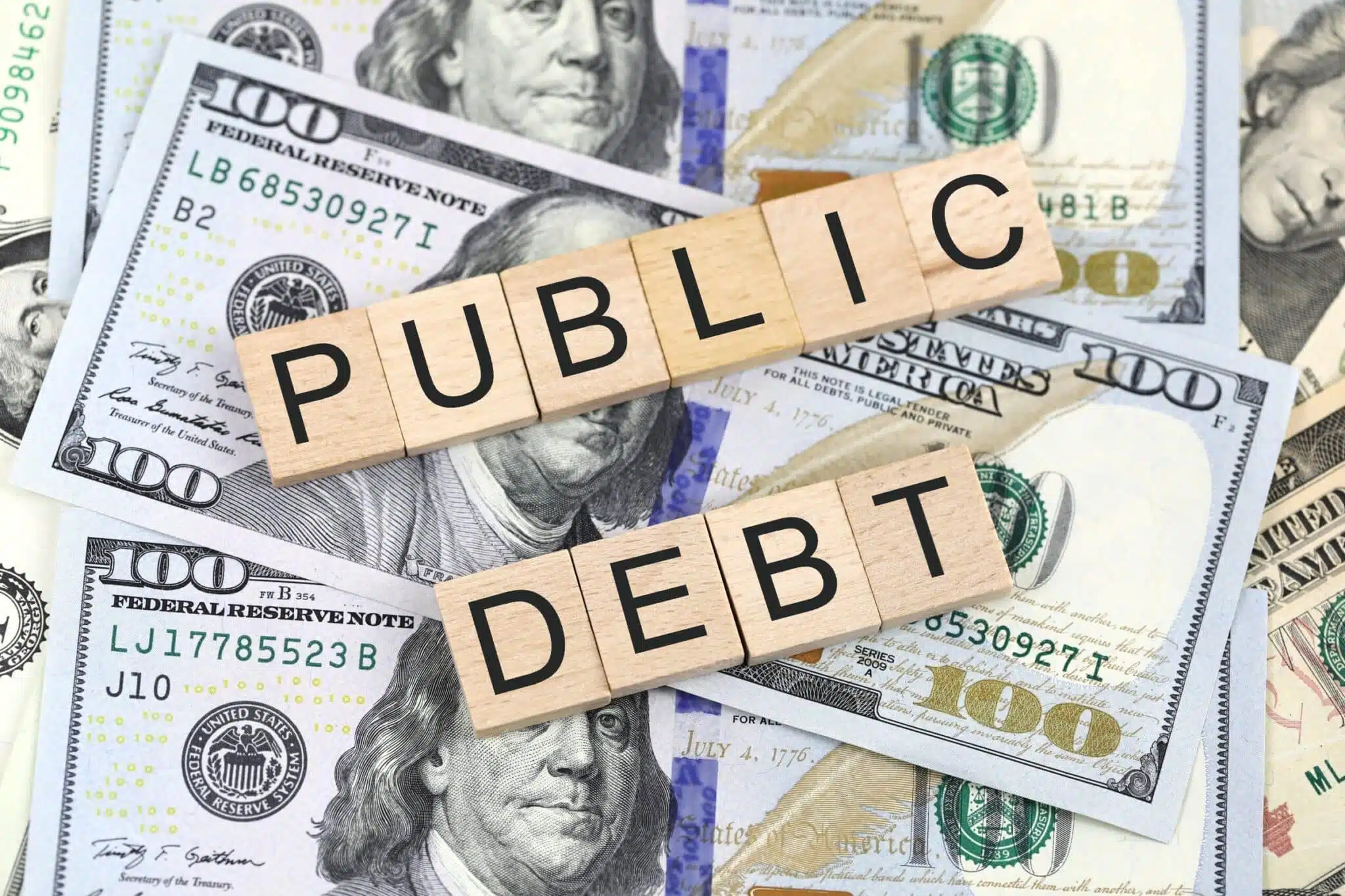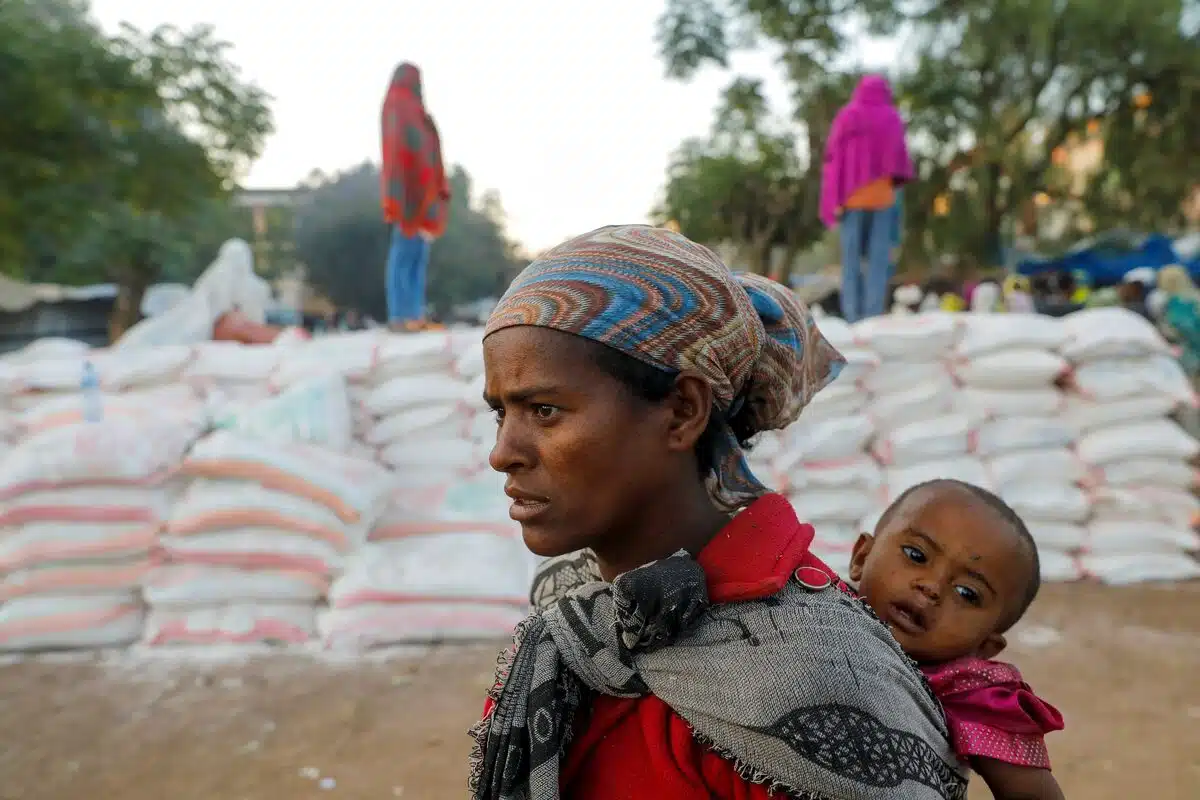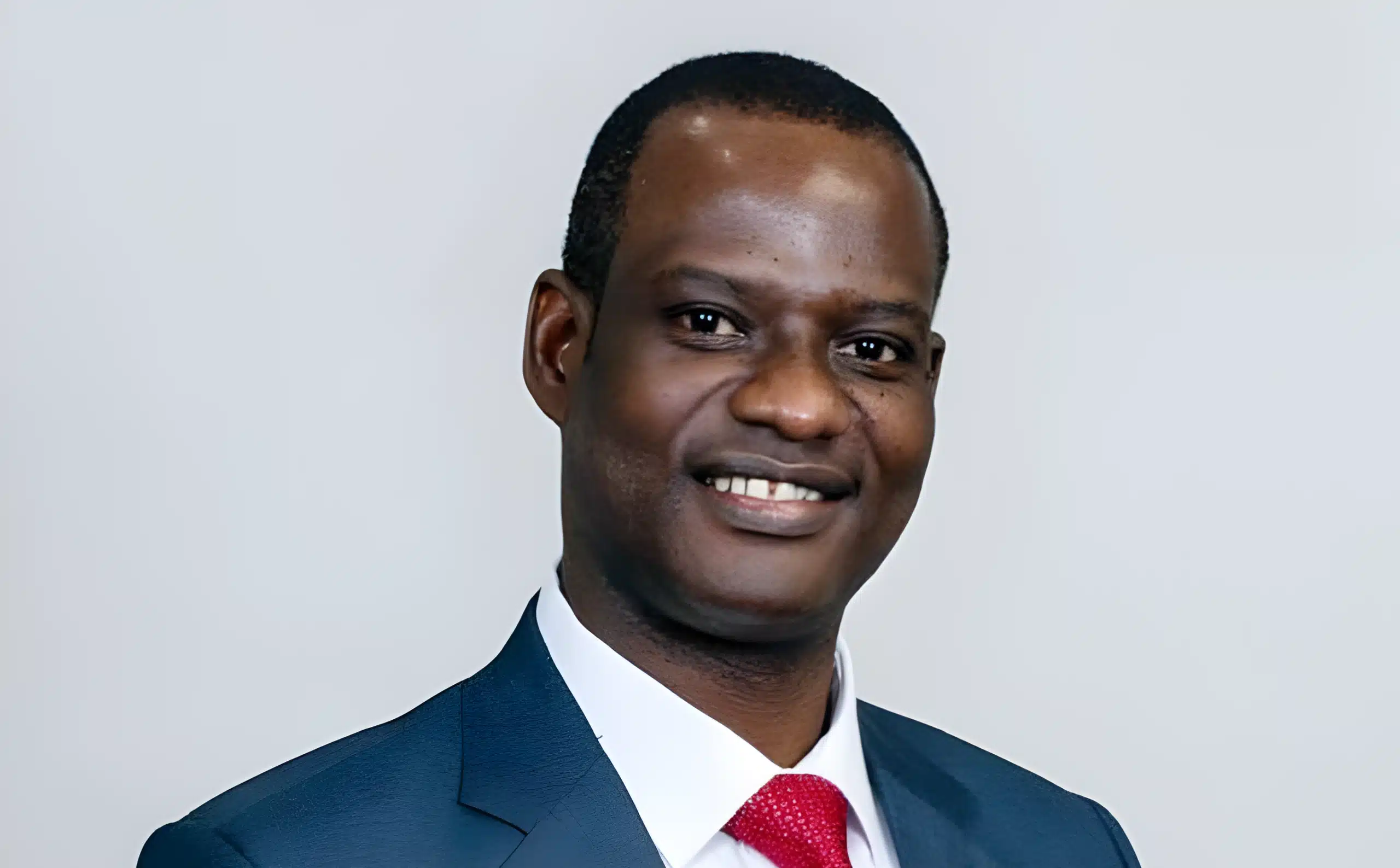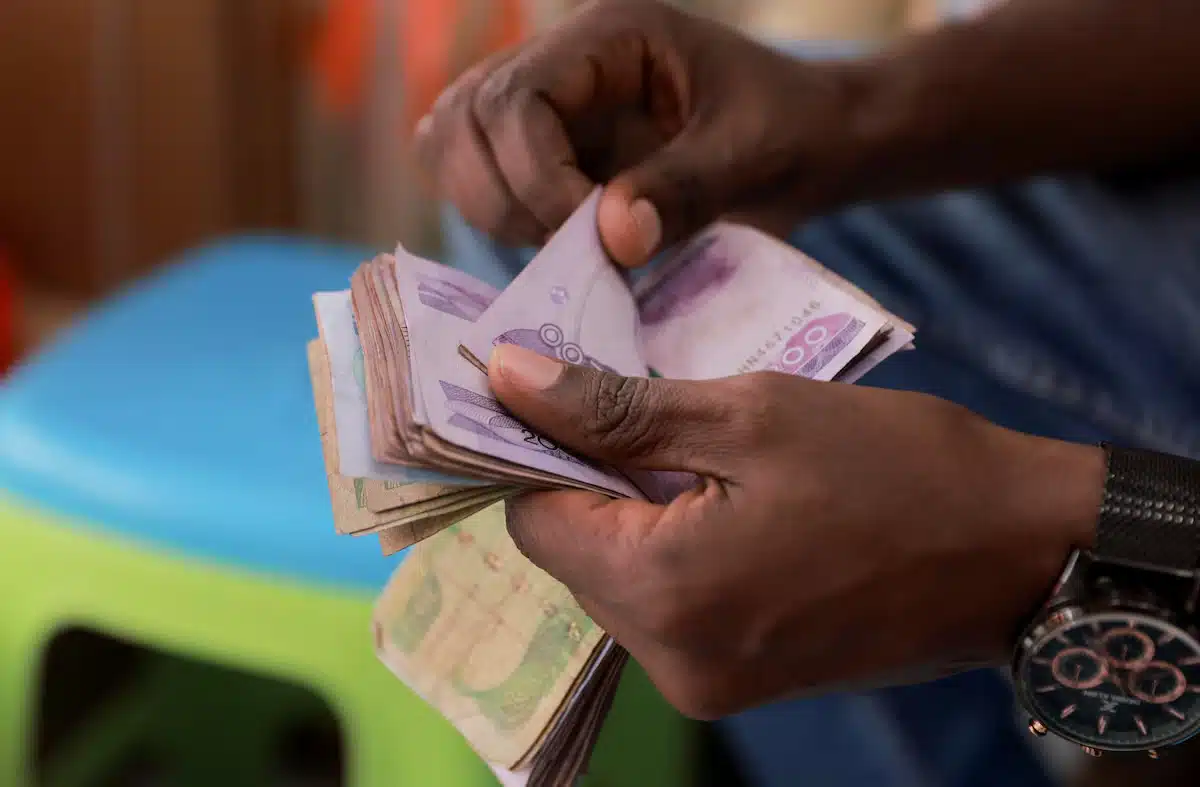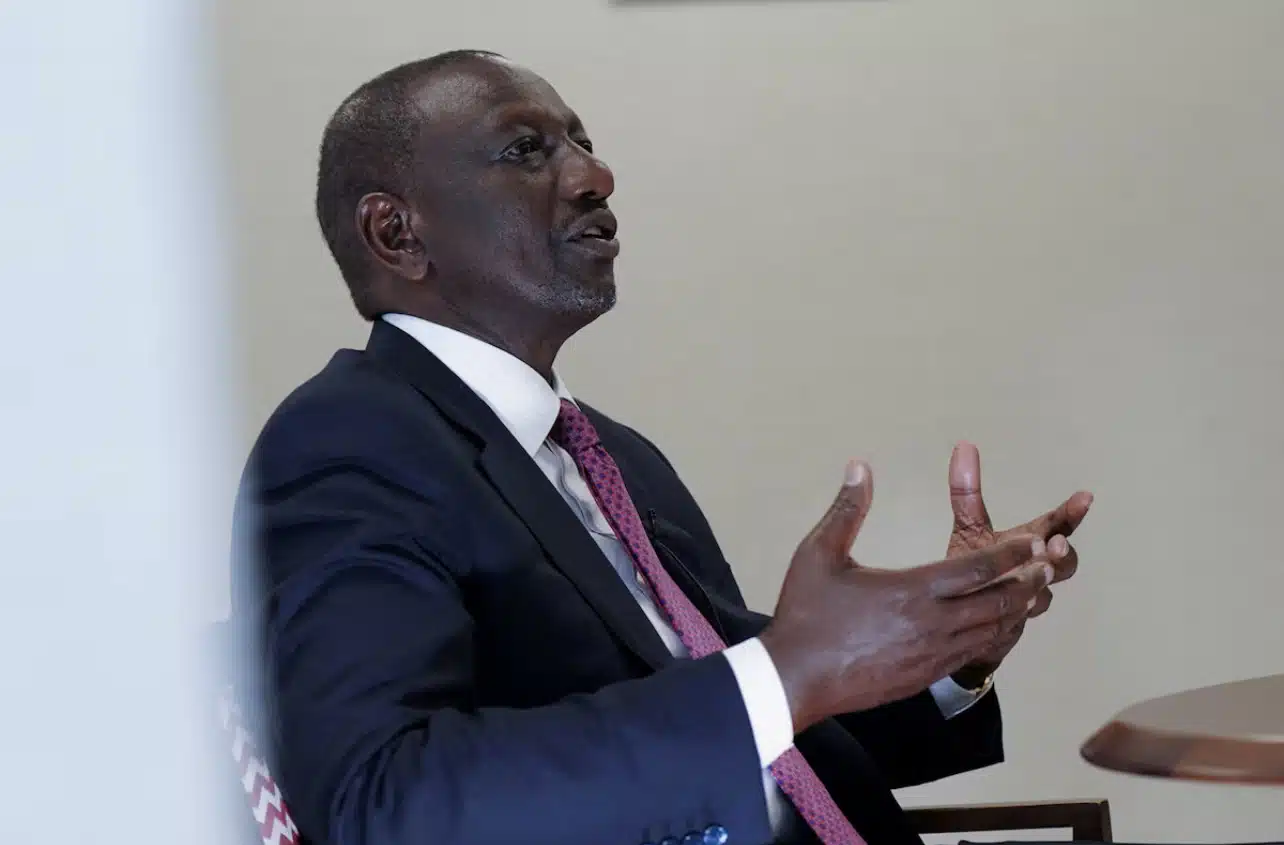Ghana’s parliament has approved a $2.8 billion debt restructuring deal with 25 creditor countries, including China, France, the United States, Germany and the United Kingdom, allowing the country to delay debt repayments by more than 15 years.
The deal, passed late Tuesday, comes as the West African country—also the world’s second-largest cocoa producer—continues to battle its worst economic crisis in decades, characterised by high inflation, unsustainable public debt, and the economic toll of illegal mining.
Ghana had defaulted on most of its external debt in December 2022 and signed a memorandum of understanding with its official creditors in January this year under the G20 Common Framework, a platform designed to coordinate debt treatment for low-income countries.
The latest arrangement reschedules debt service payments due between December 20, 2022 and December 31, 2026, allowing them to be capitalised and repaid over five years from 2039 to 2043.
“The terms of the debt treatment offer a debt service relief of $2.8 billion during the Fund-supported programme period (2023–2026),” a parliamentary report seen by Reuters stated.
The Official Creditor Committee set interest rates at between 1% and 3%, depending on the original terms of each loan, enabling Ghana to benefit from below-market borrowing costs during the deferral period.
“The Committee noted that the debt restructuring was critical in supporting the government to restore and sustain macroeconomic stability and debt sustainability,” the report concluded, with lawmakers unanimously endorsing the deal.
The restructuring agreement is expected to support the continued disbursement of funds under the International Monetary Fund’s (IMF) three-year $3 billion bailout programme, which was approved in May 2023 and has already contributed to stabilising Ghana’s economy, including prompting a sovereign credit rating revision by Fitch.
However, talks with private creditors are proving more difficult.
Negotiations with the pan-African trade lender Afreximbank seem to have stalled due to disagreements over preferential creditor treatment.
While Ghana’s finance ministry maintains that all creditors must be treated equally under the Common Framework, Afreximbank argues that its multilateral status should grant it priority in repayment.
U.S. investment bank JP Morgan weighed in on the issue in a research note published last Tuesday, stating that “the chances of Afreximbank getting involved in a debt restructuring have increased.”

